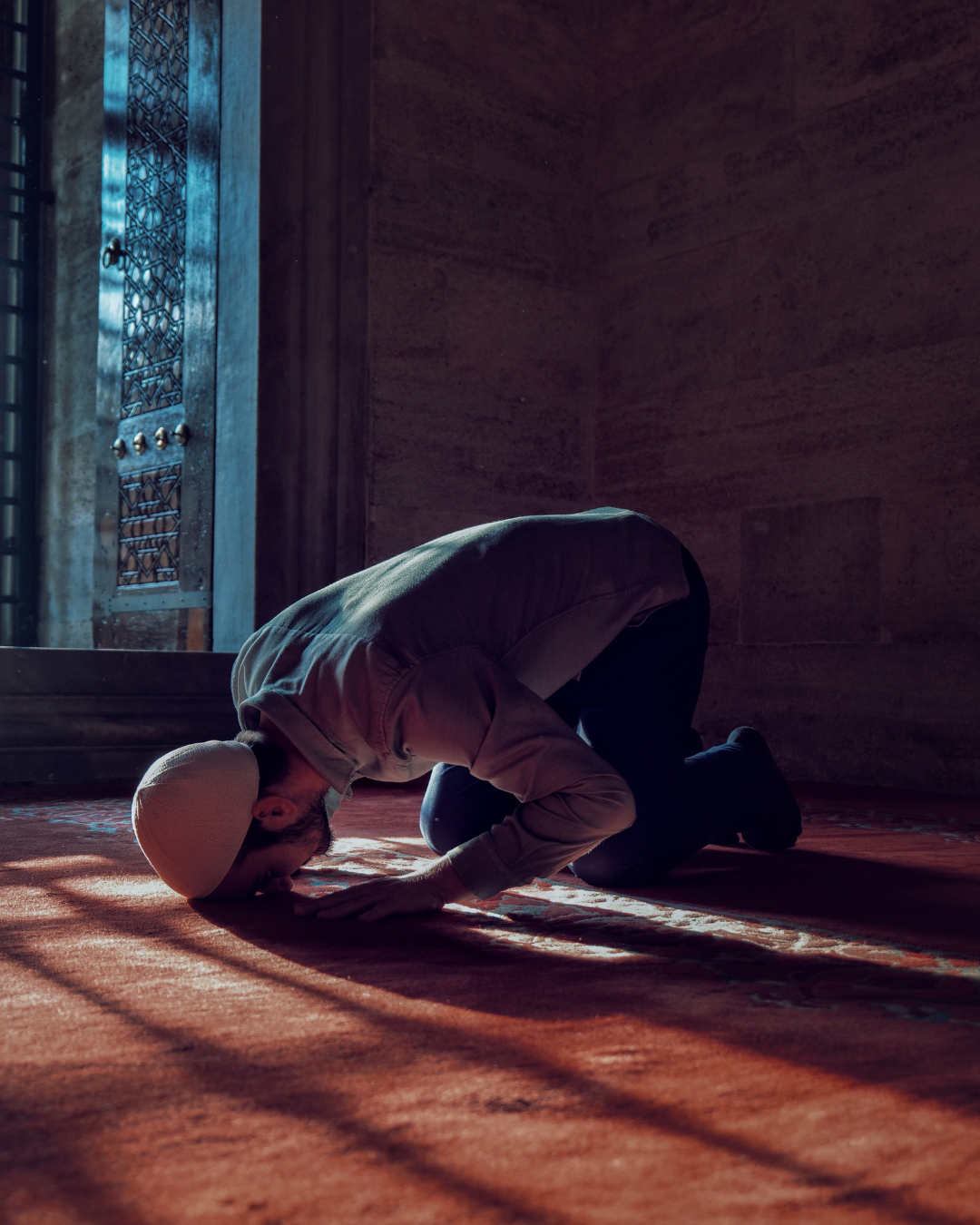What is the Tahajjud Prayer?
The Tahajjud prayer, often called the night prayer, is one of the most enriching and profound spiritual practices in Islam. It is performed during the quietest hours of the night, providing a moment of tranquility and intimate connection with Allah.
Definition and Origin of Tahajjud
Tahajjud derives from the Arabic word "hajjada", which means staying awake at night. It is not simply a prayer, but a time of rising during the night to invoke, pray, and reflect.
The Tahajjud prayer is mentioned in the Quran (Surah 17:79) where Allah advises the Prophet Muhammad (peace and blessings be upon him) to get up at night to pray, except for a small part. This prayer is therefore a Sunnah Mu'akkadah (a highly recommended practice) that the Prophet Mohamed (peace and blessings be upon him) practiced regularly.
Importance of Tahajjud in Islam
Theimportance of Tahajjud in Islam is underlined by numerous hadiths. The Prophet Muhammad (peace and blessings be upon him) said: “The best prayer after the prescribed ones (the obligatory prayers) is the prayer performed in the middle of the night."(Muslim). Tahajjud is considered a manifestation of a person's devotion and desire to seek additional closeness with Allah, apart from daily obligations.
Practicing Tahajjud can transform an individual's spiritual life, providing not only inner peace and serenity but also increased moral and spiritual strength. It is a time to ask forgiveness for past sins and personal needs, in an atmosphere of calm and personal reflection.
How to Pray the Tahajjud Prayer
Practicing Tahajjud is a profound way of seeking proximity with Allah. Here's a simple guide to get started.
Preparation for Tahajjud
The first step is to sleep after Isha, even briefly, because Tahajjud is practiced after waking up from night sleep. Before starting the prayer, perform ablution (Wudu) to purify yourself.
How many rakats?
The Tahajjud prayer can vary from two to eight rakats, generally practiced in pairs. After every two rakats, it is recommended to make a greeting. During Tahajjud, it is also auspicious to recite long surahs or verses that you know, and to prolong the recitation and recite duaas.
Importance of Regularity
Although Tahajjud is not obligatory, performing it regularly is highly commendable and considered a sign of piety and deep faith. Even a few nights a week can greatly enrich your spiritual life.

Best Time to Practice Tahajjud
The Tahajjud prayer is distinguished by its unique timing, providing a moment of deep calm during the last hours of the night.
Optimal Timing for Tahajjud
The best time to perform the Tahajjud prayer is during the latter part of the night, just before the time of Fajr (dawn prayer). This is the time when prayers are particularly conducive to acceptance, because it is said that God "descends" closer to the earthly world during the last third of the night to answer the prayers of those who call on Him.
Encouragement of Regular Practice
The main thing is regularity and sincerity in the practice of Tahajjud, rather than quantity. Starting with a few nights per week and gradually increasing can help develop this godly habit without feeling overwhelmed.
The Benefits of the Tahajjud Prayer
Regular practice of prayer Tahajjud offers many benefits, both spiritual and personal.
Spiritual Benefits
Prayer Tahajjud is a powerful way to strengthen faith, increase piety and feel closer to Allah. It is also known for its role in obtaining forgiveness of sins, as the Prophet Muhammad (peace and blessings be upon him) taught that night prayers are one of the best methods of getting closer of Allah.
Personal Benefits
On a personal level, Tahajjud can improve stress management, promote better thinking and increase personal discipline. It's a moment of calm that allows you to reflect on your day, plan your goals and find solutions to problems with a clear mind.
Testimonials and Studies
Many believers who practice Tahajjud report an improvement in their general well-being and an increased sense of inner peace.
The Tahajjud prayer is a profound enrichment for all spiritual practice. Not only does it strengthen the connection with Allah, but it also offers a space of tranquility and reflection in our often tumultuous lives.
For those seeking to deepen their understanding of this powerful prayer, I invite you to listen to the latest episode of my podcast where I explore the practices and magick in detail of Tahajjud.



















